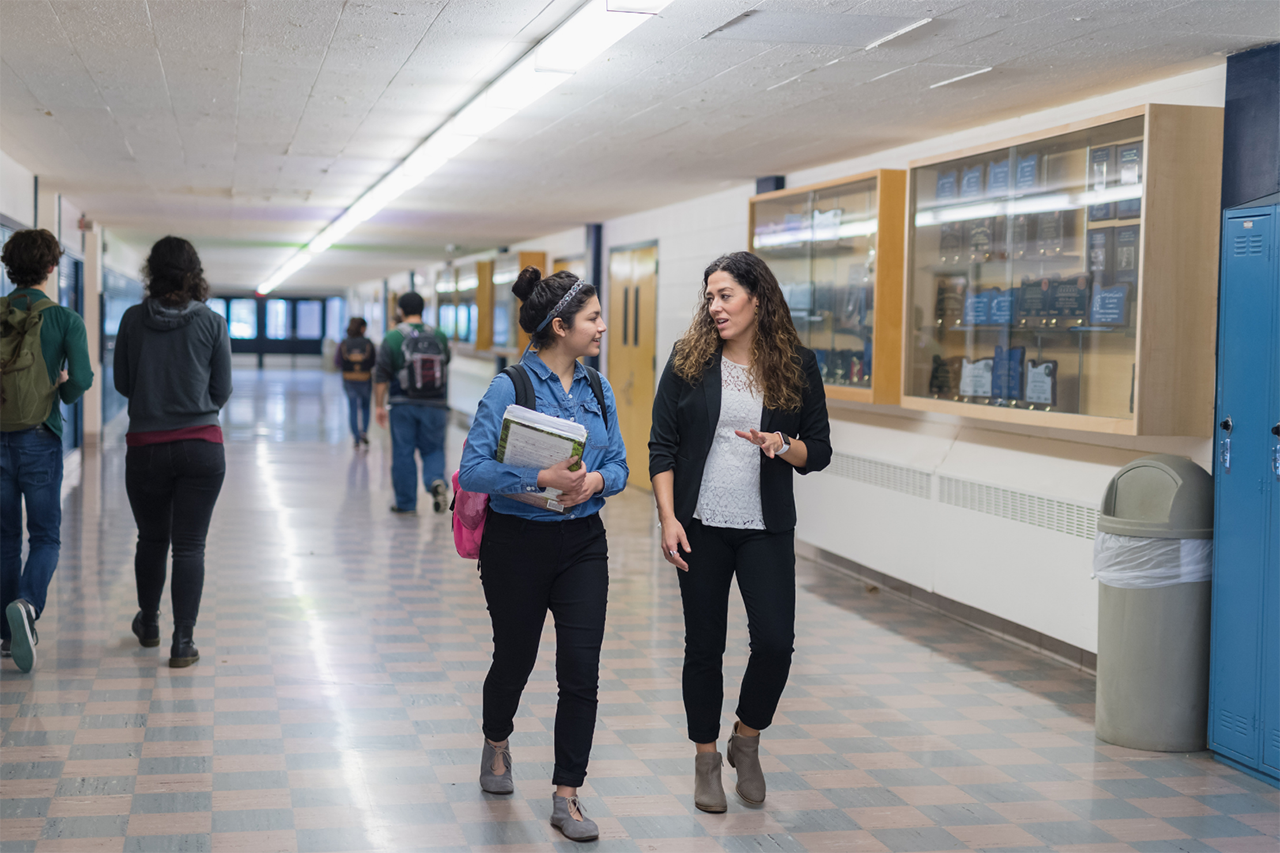 “Beyond COVID: Prevention in a Post Pandemic Time,” the latest episode of The Power of Prevention podcast, focuses on how community-based programs have responded to the effects of the pandemic on families across the state. The featured guest in this episode is Traci Fowler, a Senior Program Officer at the New Hampshire Charitable Foundation.
“Beyond COVID: Prevention in a Post Pandemic Time,” the latest episode of The Power of Prevention podcast, focuses on how community-based programs have responded to the effects of the pandemic on families across the state. The featured guest in this episode is Traci Fowler, a Senior Program Officer at the New Hampshire Charitable Foundation.
There is no doubt the pandemic has been hard on families, schools, and other institutions that serve New Hampshire communities. Many resources once readily available suddenly were not. People have coped with quarantining, isolation, homeschooling, unemployment loss, and grieving without the previous supports and resources available to them.
From the Charitable Foundation’s perspective, Fowler remarked, “What we see is the nonprofit sector really, without flinching, rolled up their sleeves and mobilized to continue meeting their mission, continue to engage, working at the community level, really without missing a beat.”
The pandemic-based isolation children and families experienced has made it difficult for some of the state’s substance misuse prevention programs to continue to respond and meet needs. “In the early moments, the behavioral health providers, literally from day one, I think, were already anticipating and thinking of ways to counteract what they knew was coming, which was the isolation and increased stress and the increased mental health needs and the impact on families,” said Fowler. Some of the ways community groups and schools have stayed connected include taking advantage of virtual meetings, the use of telemedicine and going above and beyond usual responsibilities. “In some communities, school social workers and clinicians were on school buses or driving behind the school buses, if they needed to, and were delivering meals to kids dropping off the school meals,” said Fowler. “They were right there behind the buses on the routes, handing out books, handing out resource packets, handing out school supplies, really just to get eyes on the kids and be able to show the kids that they’re still there. There’s still a connection there.”
Despite the pandemic, Fowler believes the state is making progress in prevention efforts. “As communities we can hone in on how to better prepare kids for managing through the complications of life and not turn to substances when things get really difficult,” she said. “I’ve seen more conversations fast tracked this past year about flexible funding, braiding funding, mental health, and substance use integration than I have in the past 10 years.”
Debbie Love, Consultant, JSI Research & Training Institute, Inc.
By day, Debbie Love works at JSI Research and Training Institute, Inc., to get the word out about prevention on a variety of public health issues specific to our youth, oral health, immunization, substance misuse, homelessness, and aging, to name just a few. In her free time, she is a published poet and author, focusing her writing on humorous accounts of her everyday life to share with the world, while seeking opportunities to give back to local businesses in her community through the sales of her children’s book. Debbie lives in Chichester, NH, with her husband, children, and very spoiled rescued dogs and cat.

